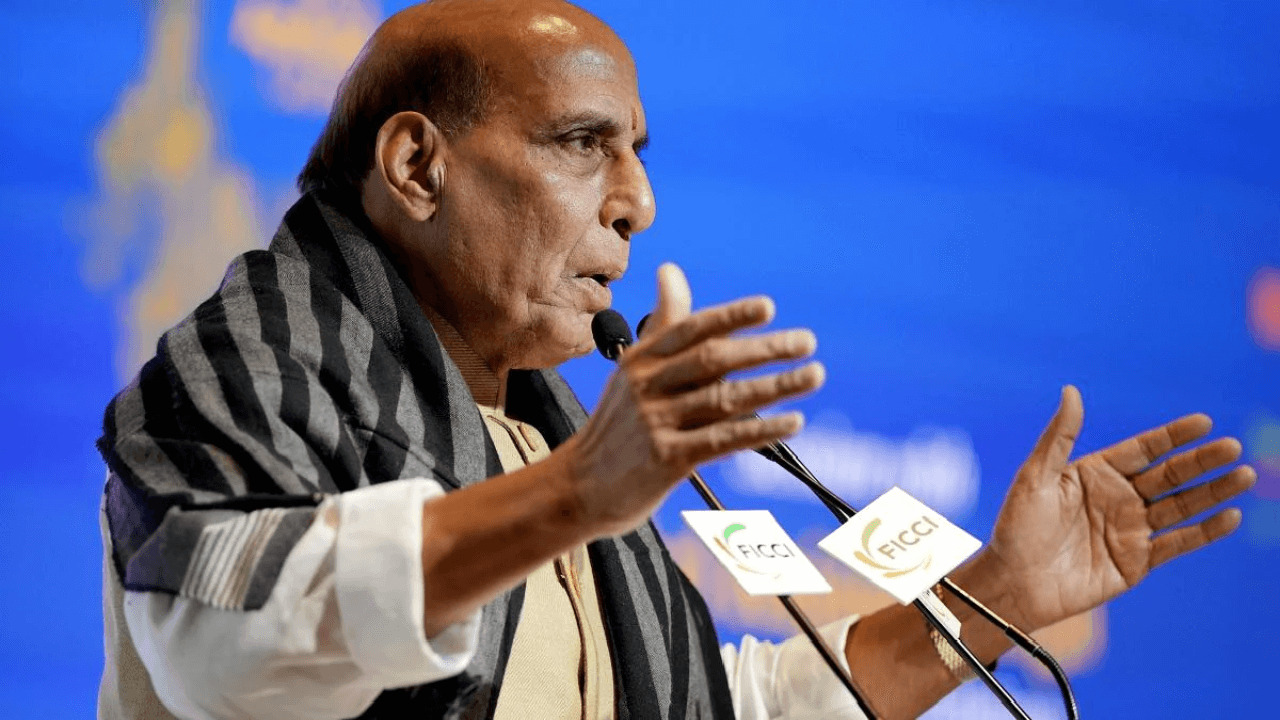In a recent meeting chaired by Raksha Mantri Shri Rajnath Singh, the Defence Acquisition Council (DAC) approved three proposals aimed at bolstering India’s naval capabilities. These decisions include the procurement of Rafale Marine aircraft, the acquisition of additional Scorpene submarines, and the establishment of guidelines to promote indigenous content in defense acquisitions.
Procurement of Rafale Marine Aircraft
Under the first proposal, the DAC granted Acceptance of Necessity (AoN) for the procurement of 26 Rafale Marine aircraft from the French Government. This procurement includes the necessary ancillary equipment, weapons, simulators, spares, documentation, crew training, and logistic support required by the Indian Navy. The decision to acquire these advanced aircraft was based on the Inter-Governmental Agreement (IGA) between India and France, strengthening India’s naval aviation capabilities.
Procurement of Additional Scorpene Submarines
In a significant move, the DAC approved the procurement of three additional Scorpene submarines under the Buy (Indian) category. These submarines will be constructed by Mazagon Dock Shipbuilders Limited (MDL), contributing to the growth of India’s indigenous defense manufacturing capabilities. The inclusion of higher indigenous content in the construction of these submarines aligns with India’s vision of self-reliance in defense production.
This procurement not only ensures the Indian Navy’s desired force level and operational readiness but also generates substantial employment opportunities within the domestic sector. Moreover, it enables MDL to enhance its expertise and capabilities in submarine construction, furthering India’s technological prowess in naval defense.
Guidelines for Promoting Indigenous Content
The DAC also endorsed a proposal to establish guidelines that promote indigenous content in all capital acquisition cases. These guidelines are designed to foster ‘Aatmanirbharta’ (self-reliance) by encouraging the use of domestic manufacturing technologies and supporting the life-cycle sustenance of defense platforms and equipment through indigenous production.
By emphasizing the importance of domestic production, these guidelines contribute to India’s long-term defense preparedness and reduce dependency on foreign imports. Additionally, they drive growth and development within the country’s manufacturing sector, aligning with the government’s vision of self-sufficiency in defense production.
Conclusion
The recent decisions made by the Defence Acquisition Council reflect the government’s commitment to enhancing India’s naval capabilities. The procurement of Rafale Marine aircraft and additional Scorpene submarines, along with the establishment of guidelines promoting indigenous content, demonstrate India’s determination to strengthen its defense manufacturing capabilities and foster self-reliance. These measures will not only enhance the operational strength of the Indian Navy but also contribute to the growth and advancement of the nation’s defense sector.
- 3 August Current Affairs 2023 in English
- MoU Between Subroto Mukerjee Sports and Education Society and All India Football Federation (AIFF) to Promote Football at Grassroot Level
- Dr. Mansukh Mandaviya Delivers Keynote Address at the 13th Indian Organ Donation Day ceremony
- Education Ministry Forms Expert Panel on Anti-Discrimination in Higher Education
- Concerns Arise Over Cheetah Deaths at Kuno National Park
